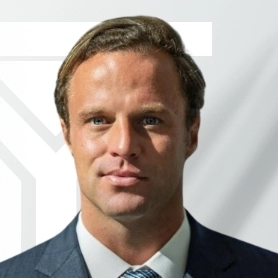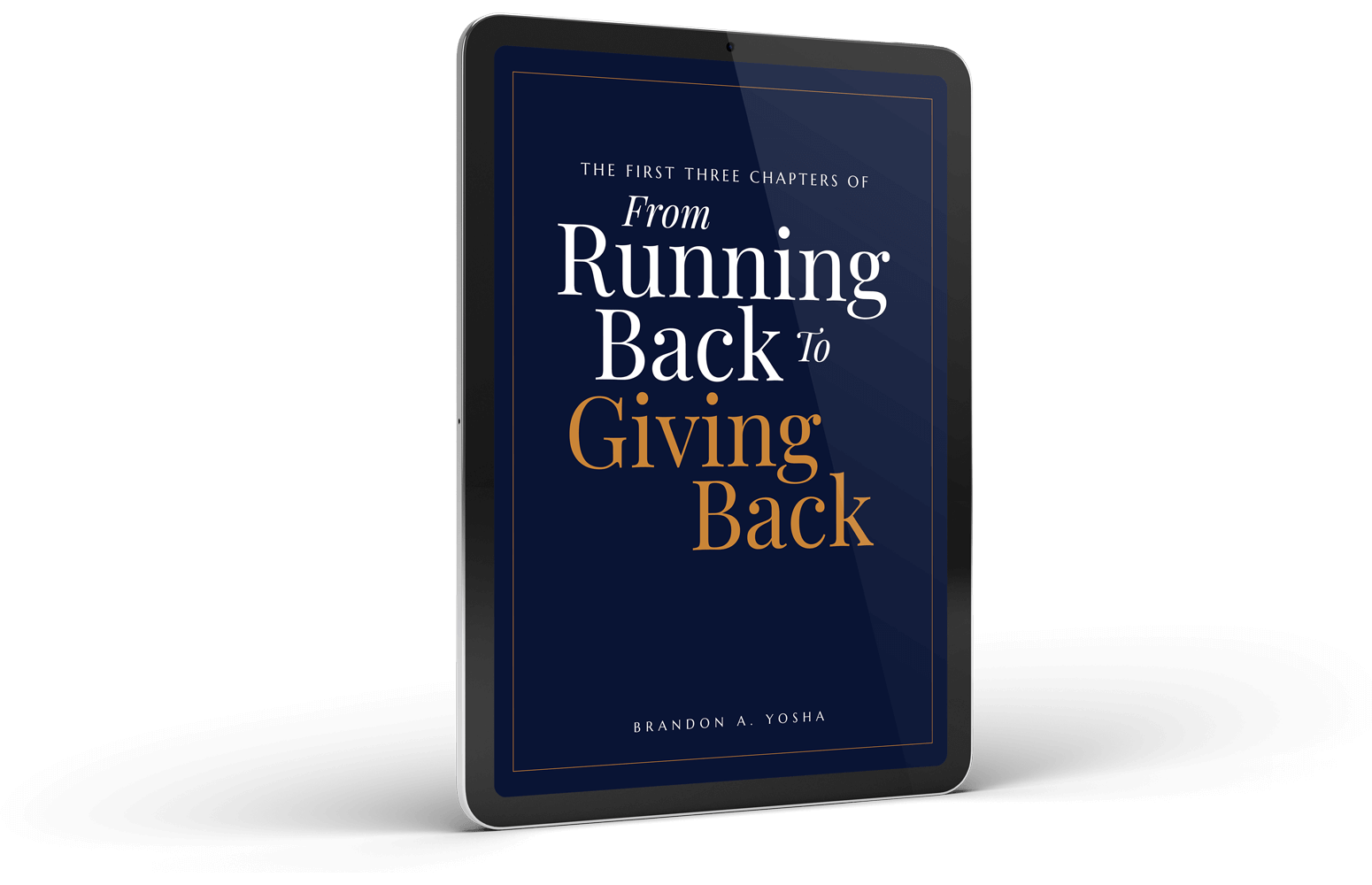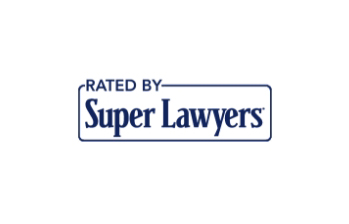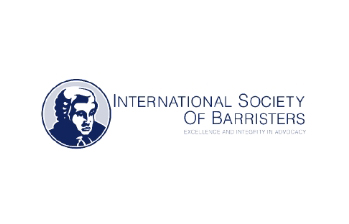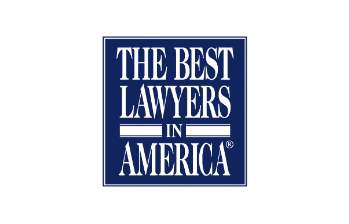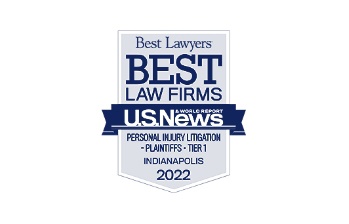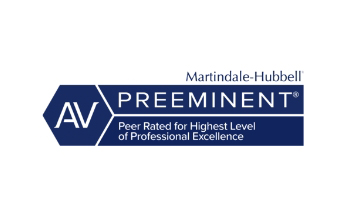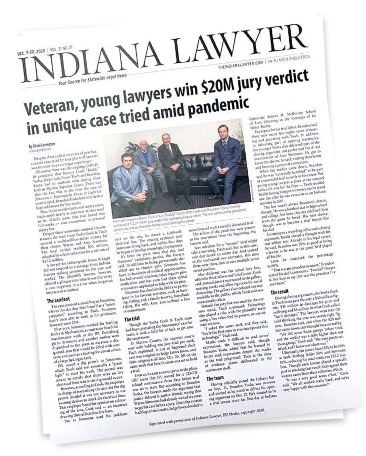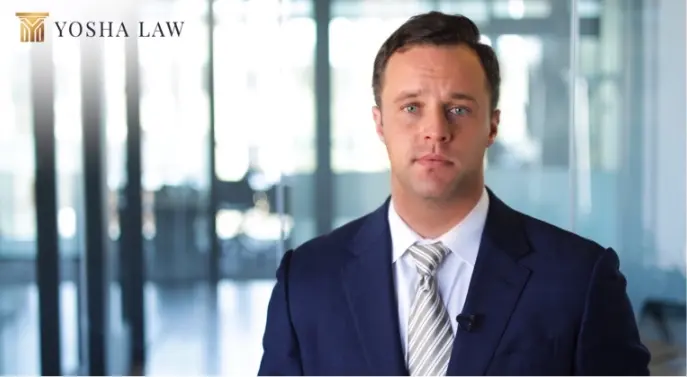No one plans to suffer in an accident. In an instant, chance circumstances can cause catastrophic injury and alter your life forever. For example, when you’re hurt in an unsafe workspace or experience significant personal injury as the result of a car accident, you may be left reeling and struggling to pick up the pieces.
Your injuries may be long-lasting or even permanent, and it may be tough to focus on your recovery as unexpected expenses and life changes mount. If the negligence of another party has caused your injuries and adversely impacted your life, you might deserve just compensation.
Although financial compensation can’t erase the results of your accident, it can help ease your burdens so that you can focus on healing. A catastrophic injury lawyer in Evansville, Indiana can help you fight reluctant insurance companies, guide you through the legal process, and find justice for your pain and suffering.
If an accident in Evansville has left you feeling overwhelmed and wondering where to turn, you don’t have to find the solutions on your own. Yosha Law can walk beside you and support you as you learn to live in the aftermath of your catastrophic injury.
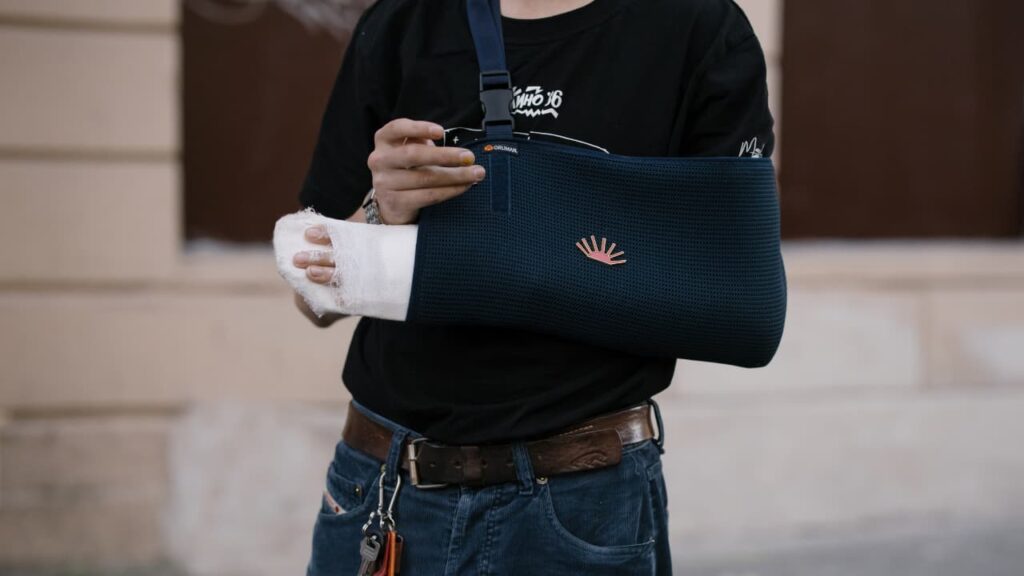
What you need to know about catastrophic injuries
In Evansville and throughout the U.S., people from all walks of life daily endure catastrophic injury. According to the CDC, 25.8 million people visited ERs in 2022 for significant unintentional injuries.
As catastrophic injuries often prove life-altering, they may require long-term treatment and can lead to staggering costs. In the U.S. alone, unintentional injuries annually cost $448 billion.
A catastrophic injury is often the result of someone else’s gross negligence, and injured parties have a right to file a legal claim for compensation. However, if you’ve suffered trauma in Evansville as a result of a catastrophic injury, you may want to consult an attorney before you even file your insurance claim.
Insurance companies are notorious for dragging their heels, lowballing a claim to settle quickly, or even outright denying catastrophic injury claims. If you accept an offer, you may no longer have a valid claim to legal recourse.
A catastrophic injury lawyer in Evansville can explore the merits of your case, advise you on the compensatory damages you should seek, and fight for a just award.
What is a catastrophic injury?
In Evansville, any injury suffered that has a long-lasting or permanent impact on your ability to work and to live a full life might be deemed a catastrophic injury. If you’ve endured this type of injury in an accident that another party caused, you may have a strong case for a personal injury lawsuit.
Compensatory damages might include present, future, and ongoing costs incurred as a result of your injuries, and may prove complex for you to determine without the help of an attorney. Gross negligence is also a complicated issue that may require a thorough knowledge of the law to corroborate.
It may be important to hire a catastrophic injury lawyer in Evansville to support you as you navigate the legal process.
Common causes of catastrophic injury
If you suffer a catastrophic injury in Evansville, you may be able to claim damages if your injuries were caused by any of the following:
- Car accident
- Defective products
- Explosion
- Hit and run accident
- Medical malpractice
- Motorcycle accident
- Pedestrian accident
- Premises liability
- Recalled products
- Slip and fall accident
- Truck accident
- Workplace accident
Examples of catastrophic injury
At Yosha Law, our lawyers advise clients who have suffered from many different types of catastrophic injury. We understand that each client’s experience is unique and every story matters. We want your voice to be heard, and in your initial consultation, we’ll help you to determine the validity of your case.
Here are some of the most common examples of catastrophic injury we’ve seen in our clients:
- Back injury
- Birth injury
- Chronic pain
- Disfigurement
- Facial scarring
- Head injury
- Loss of hearing
- Loss of limb
- Loss of vision
- Occupational illness
- Paralysis
- Post Traumatic Stress Disorder
- Spinal cord injury
- Third-degree burns
- Traumatic brain injury (TBI)

Steps you should take immediately after your Evansville accident
You may be in shock after you suffer a catastrophic injury, but it’s important to remember to take steps to help you to prove your legal claim. Taking these steps will help immensely if you choose to file a lawsuit:
- File a police report:
If you’re involved in an auto accident, make sure that you file a police report. In Indiana, a law enforcement presence is required at the scene of your collision if significant property damage or injury occurs.
The police report will contain information vital to your case, such as eyewitness accounts, law enforcement and first responder assessments of the accident, and contact information.
- File an incident report:
If you suffer a catastrophic injury in the workplace or at a business owned by another party, it’s important that you file an incident or injury report for their records and your own.
- Exchange insurance information:
Make sure you have current insurance information from the at-fault party so that you can start a claim with their provider.
- Collect evidence:
If you can, or if someone else who’s with you is able to, ensure that you have photo and video evidence of the scene of your accident. This evidence may help to strengthen your catastrophic injury case.
- Seek medical attention:
It’s vital that you seek medical attention immediately after you’ve suffered a catastrophic injury. Proper diagnosis and treatment are imperative steps to assess your injuries and can help you in court.
Personal injury vs catastrophic injury cases
Catastrophic injury is considered a part of personal injury law. However, there are differences between general personal injury and catastrophic injury cases. These differences include:
- Complexity of the case:
Catastrophic injury cases tend to be more complex and have a higher burden of proof to meet than general personal injury cases.
- Duration of the case:
A catastrophic injury case may take longer to move through legal channels than its personal injury counterpart.
- Higher compensatory stakes:
The amount of compensation sought for a catastrophic injury tends to be higher than for general personal injury.
- Possibility of punitive damages:
Punitive damages are often deemed by a judge or jury as punishment for a defendant who has shown gross negligence. Catastrophic injury cases may warrant punitive damages more than general personal injury cases.
- Probability of a trial:
95% of personal injury cases are settled before they reach the courts. However, a catastrophic injury case with an ask for a high compensatory amount is likely to go to trial.
Damages in an Evansville catastrophic injury case
Compensatory damages after a catastrophic injury in Evansville fall into three categories: Economic, non-economic, and punitive damages.
Economic damages are qualified as the losses you’ve endured that have a set monetary value, such as bills directly related to your injuries. Non-economic damages offer compensation for the losses you’ve suffered that can’t be measured. Nothing can make up for these losses, but monetary compensation can help alleviate some of your financial burden.
Your lawyer might advise you to seek punitive damages as well, but these types of compensatory awards are usually determined by a judge or jury.
Non-economic damages
Non-economic damages (also known as general damages) might include:
- Chronic pain
- Diminished earning capacity
- Disfigurement or scarring
- Emotional distress
- Loss of consortium
- Loss of quality of life
- Mental anguish
- Wrongful death
Economic damages
Economic damages (also known as special damages) may include:
- Assisted living expenses
- Medical expenses, including doctor’s appointments, emergency room visits, hospital stays, prescriptions, surgeries, and other forms of medical treatment
- Lost wages (including bonuses, paid time off, and tips)
- Property repair or replacement costs
- Transportation costs
Punitive damages
In Evansville and throughout Indiana, any awarded punitive damages are allocated in a predetermined fashion. 75% are automatically allocated to the state’s Violent Crimes Victim Compensation Fund and the remaining 25% is awarded to the plaintiff.
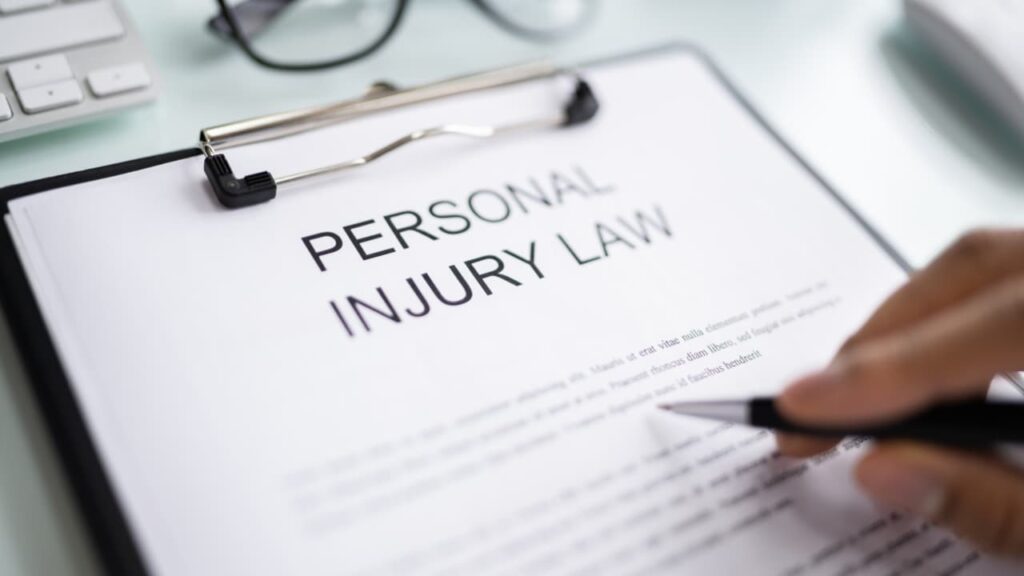
How Yosha Law can help
At Yosha Law, the pain and suffering you’ve endured matters. We want to help you build the strongest case possible in your fight for justice. We’ll advocate for you and even help to change laws to make Indiana safer and to protect other people from undergoing similar trauma.
If you choose to retain a catastrophic injury lawyer in Evansville, Yosha Law will help you with the following:
- Calculating damages:
We’ll collaborate with you to estimate future expenses, add present costs you’ve incurred as a result of your injury, and calculate the compensatory amount you should seek for your immeasurable losses.
- Gathering evidence:
Along with evidence from the scene of your accident, we’ll look into any history of patterns of gross negligence exhibited by the defendant, including OSHA violations or similar accidents.
- Obtaining expert and witness testimony:
We may utilize testimony from crash reconstructionists and medical experts to credibly speak about the cause and impact of your injuries. We’ll also interview witnesses like co-workers, employers, and loved ones to speak to how your catastrophic injuries have impacted your life.
- Representing you in negotiations:
A defendant or insurance company may offer you a settlement amount to avoid a trial for your catastrophic injury lawsuit. A Yosha Law lawyer will always advocate for your best interests and act as your representative in these meetings.
- Standing up for you in court:
If you choose to proceed with your lawsuit and a settlement agreement cannot be reached, we will passionately fight for you in court.
What is gross negligence?
Legally, gross negligence represents an extreme departure from the standard of duty of care. Proven gross negligence involves a defendant who exhibits a deliberate disregard of the safety of others. Catastrophic injury cases often include extreme instances of gross negligence.
For example, a speeding driver who’s also texting when they cause a collision may be found liable for gross negligence.
A catastrophic injury lawyer in Evansville can help you to strengthen your claim for damages, build your case, and find proof of gross negligence.
Indiana laws you should know
Statute of limitations in Indiana
Indiana code § 34-11-2-4 requires plaintiffs to file a legal claim within two years from the onset of their catastrophic injury. This statute of limitations protects both plaintiffs, who may need time to choose to file a claim, and defendants, who cannot face frivolous or decades old claims.
However, you must file your catastrophic injury claim within the two-year timeframe or you will no longer have a valid legal case for compensation. Exceptions to the statute of limitations can be made if an injured party is a minor or mentally incapacitated when the catastrophic injury occurs.
Indiana comparative fault laws
Indiana’s laws on comparative fault (also known as modified negligence) can impact compensation in a catastrophic injury case.
For example, if you visit a restaurant and fall on an uneven floor after a night of heavy drinking, both you and the restaurant’s owner or management may hold some liability for your accident.
If you’re more than 50% at fault for your catastrophic injury, you may not have a legal claim to compensation. Comparative fault laws still allow you to pursue a lawsuit if you’re partially liable for your accident, but determined to be less than 50% liable.
Connect with Yosha Law
A Yosha Law catastrophic injury lawyer in Evansville can stand beside you on your road to healing and justice. We’ll transparently communicate with you through every step of the legal process, and we care deeply about your unique experience.
You deserve to be able to focus on your recovery, and to receive just compensation for the significant trauma you’ve endured. You don’t have to walk this path alone. At Yosha, you’re not just another case member, you’re a part of our family.
Contact Yosha Law for a consultation today.
